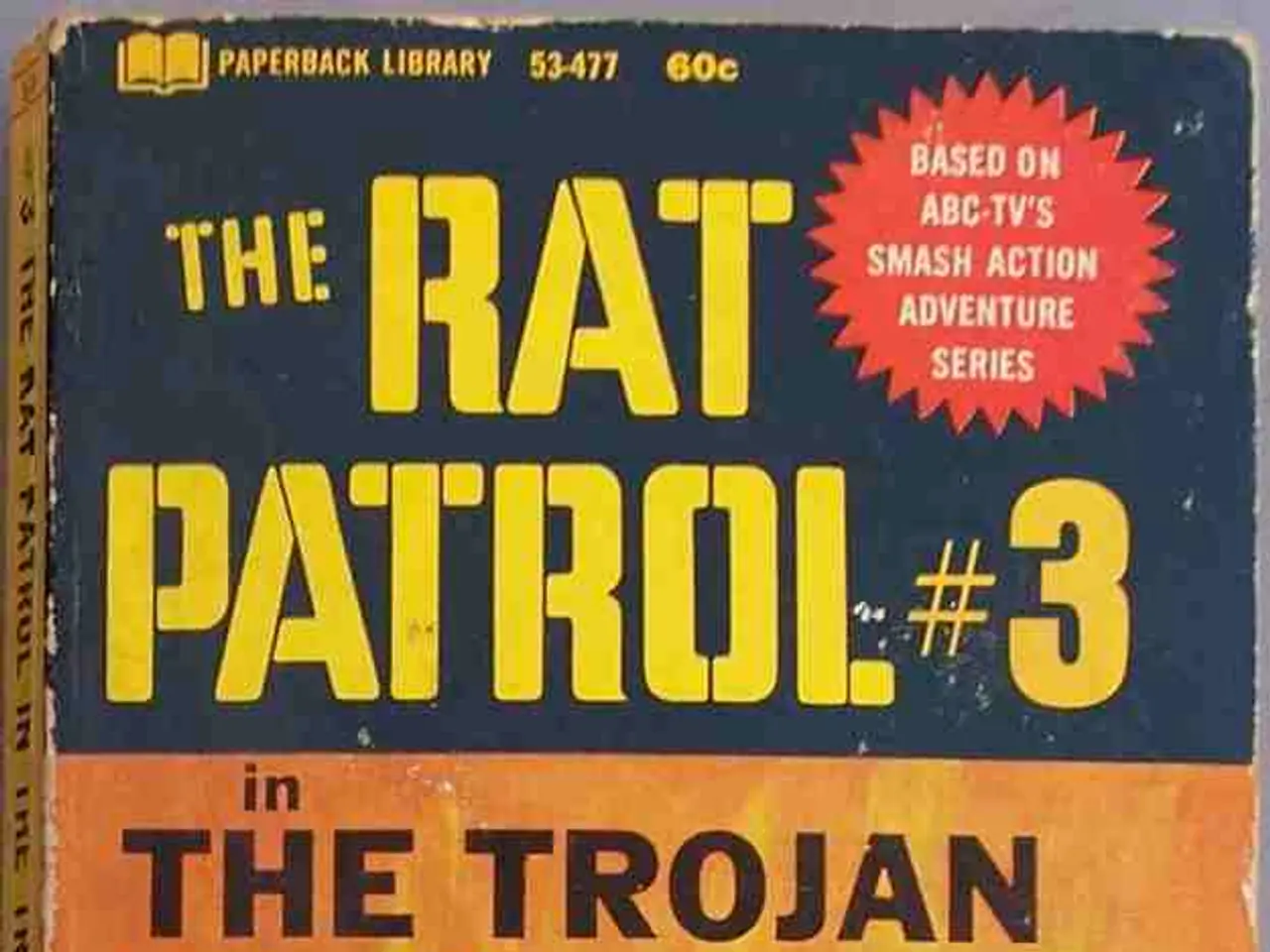Putin's desired expansion includes the remaining Donetsk region in Ukraine, according to Zelenskyy as a part of the proposed ceasefire agreement.
In the ongoing Ukraine-Russia conflict, a stalemate has emerged in ceasefire negotiations, with Ukraine firmly rejecting Russian demands to withdraw from parts of the Donbas region it still controls. This rejection is seen as a threat to national sovereignty and troop sacrifices, and a key sticking point in the peace process.
President Volodymyr Zelenskyy has insisted that talks should start with the existing front lines and that Kyiv does not have a mandate to cede sovereign territory, with public opinion strongly opposing territorial concessions. Ukraine's rejection of Russian demands has caused concern among European allies, who support Ukraine in resisting territorial concessions and emphasize the need for a ceasefire before comprehensive negotiations.
Russia, on the other hand, continues to demand full Ukrainian withdrawal from the approximately 30 percent of the Donetsk region still held by Ukraine. Moscow also insists on holding any negotiations on its terms, such as insisting on meetings being held in Moscow, a condition Ukraine and its allies reject.
External actors are divided in their approach to the conflict. Former U.S. President Trump has signaled pressure on Ukraine to concede territory, aligning more with Putin’s position, who portrays a ceasefire as contingent on Ukrainian capitulation rather than a starting point for talks. This stance has caused concern among European allies.
Mykhailo Podolyak, an adviser to Zelenskyy's office, stated that anything short of Russia's strategic defeat would mean that any ceasefire deal would be on Moscow's terms, eroding international law and sending a dangerous signal to the world.
As of August 2025, no ceasefire agreement or breakthrough on withdrawal from Donbas has been reached, and negotiations remain fragile and stalled without mutual concessions. The next 24-48 hours could be critical for the battle for the important city of Pokrovsk in the Donetsk region, according to military analysts.
The wider peace process is moving amid external pressures and diplomatic maneuvers. European leaders have expressed support for President Trump's efforts to end Russia's war against Ukraine, but are wary that Putin might secure favorable concessions and set the outlines of a peace deal without their involvement. The leaders emphasized that the path to peace in Ukraine cannot be decided without Ukraine's involvement.
In a recent development, it remained unclear whether Ukraine would take part in the Friday summit between U.S. President Donald Trump and Russian President Vladimir Putin. Steve Witkoff, the U.S. special envoy, told Zelenskyy that Russia was ready to end the war and that there should be territorial concessions from both sides. However, Trump did not confirm whether he would take part in the meetings but did say he would seek everyone's ideas before meeting with Putin.
References: [1] https://www.reuters.com/world/europe/trump-says-he-will-seek-everyones-ideas-before-russia-meeting-2025-08-05/ [2] https://www.bbc.com/news/world-europe-56584929 [3] https://www.politico.eu/article/ukraine-russia-war-zelensky-putin-trump-donbas-ceasefire/ [4] https://www.nytimes.com/2021/07/01/world/europe/ukraine-russia-zelenskyy-putin.html [5] https://www.washingtonpost.com/world/europe/trump-suggests-ukraine-can-end-war-quickly-by-agreeing-to-withdrawal-demands/2021/07/01/5e24330c-c505-11eb-95af-7483a872c640_story.html
- The ongoing Ukraine-Russia conflict has brought various aspects of global attention, including the economy, politics, general news, and travel, as Europe's relations with Russia are strained due to the ongoing war-and-conflicts, and European leaders are expressing support for Ukraine to uphold its national sovereignty in negotiations.
- As the war in Ukraine persists, external actors such as the United States and Russia continue to strategize, offering different approaches to the peace process, causing concern among European allies and impacting economic stabilization and travel arrangements, as well as the overall political climate.






